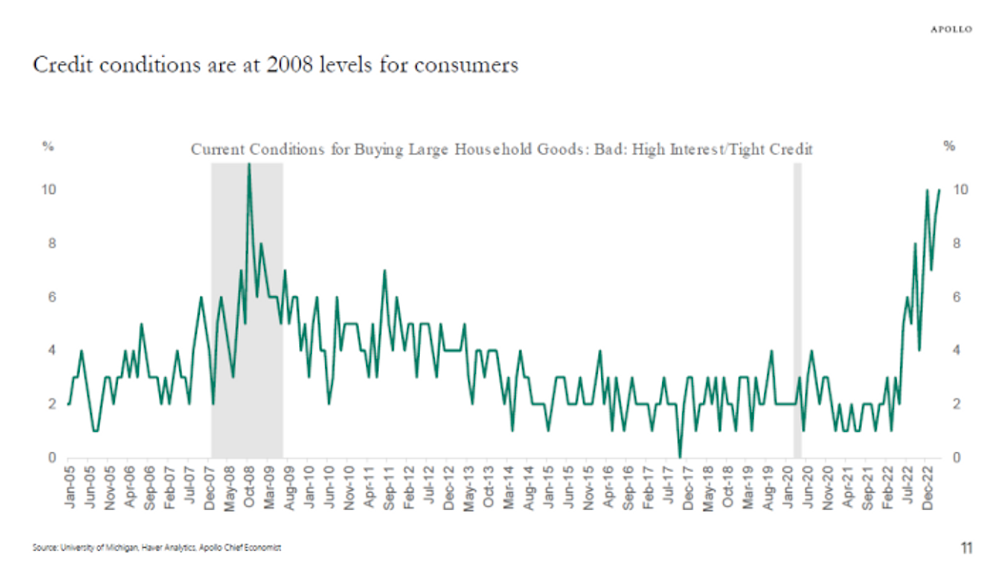
WASHINGTON
U.S. Treasury Secretary Timothy Geithner said the Obama administration wouldn't allow Wall Street to return to such old habits as taking on excessive risk, and that plans to overhaul financial-market regulation were on track.
Treasury Secretary Timothy Geithner said plans to overhaul financial regulation are on track.
Mr. Geithner pushed back against criticism that Wall Street, which is returning to profitability, is also returning to business as usual, in an interview with The Wall Street Journal.
"I don't think the financial system is reverting to past practice, and we won't let that happen," Mr. Geithner said. "The big banks are running with much less leverage now, much more conservative liquidity cushions, there's been a significant shrinking of their balance sheets, getting rid of bad assets and cleaning up. And the weakest parts of the system don't exist anymore."
Some banks, including those that received government bailout money, are earning record profits, increasing pay and ramping up risk. Goldman Sachs Group Inc., for instance, recently recorded its most profitable quarter ever and boosted its degree of risk-taking as measured by how much money it could lose in a single day.
Wall Street firms return to their practices from before the financial crisis?
Wall Street Works to Please Pay Czar Deal Journal: Pay Czar vs. AIG's New CEO Interactive Graphic: Fed Emergency Lending Mr. Geithner said a functioning and profitable financial system was a "necessary precondition to a stronger economy."
"The consequence of achieving stability is that people can raise money, can raise equity, can borrow more easily at lower rates, that these markets have liquidity again," Mr. Geithner said. "The fact that the core parts of the U.S. financial system look like they're profitable is overwhelmingly good."
Still, the administration is concerned about the potential for populist anger, particularly as banks resume paying high salaries and bonuses to executives. Last week, Wells Fargo & Co. said it increased base salaries for top executives to get around government rules capping bonuses for firms receiving bailout funds.
Government officials are in a tough spot when it comes to curbing pay. While the large numbers may shock some, officials believe that banks should be able to compensate employees as they see fit, as long as the pay doesn't encourage unnecessary risk-taking and is more closely tied to a company's long-term health.
Geithner: Wall Street Reform Is on Track
Wall Street seems to be rebounding, but memories of the financial crisis are still fresh as U.S. Treasury Secretary Timothy Geithner warns that plans to overhaul financial-market regulation are on track. WSJ's Deborah Solomon reports.
To help blunt criticism, the administration has appointed a pay czar, Kenneth Feinberg, to set and review pay for the top 100 highest-paid employees at seven firms receiving the largest sums of government money. Those firms must submit packages for their top 25 employees on Friday; Mr. Feinberg has 60 days to rule on the proposals.
Mr. Geithner said the financial-services sector needs better oversight and tougher rules if the U.S. is to avoid a repeat of the financial crisis. He said the administration's proposed regulatory revamp would offer better protection with the Federal Reserve overseeing the country's largest financial firms, a new regulator for mortgages and credit cards, and tougher oversight of credit derivatives and hedge funds, among other things.
The administration's plan has lost momentum since it was unveiled in June. Lawmakers have postponed votes on key portions of the proposal amid an outpouring of industry criticism and regulatory turf battles. But Mr. Geithner said the effort is "doing fine" and predicted the administration will get most of what it is seeking when Congress returns in the fall.
"There's a high probability we'll get stronger protection for consumers and authority to constrain excess risk-taking and create a more stable system," he said.
Mr. Geithner was more certain about the administration's other efforts, including giving the government the power to take over and break up large faltering companies
Wall Street Works to Please Pay Czar Deal Journal: Pay Czar vs. AIG's New CEO Interactive Graphic: Fed Emergency Lending Mr. Geithner said a functioning and profitable financial system was a "necessary precondition to a stronger economy."
"The consequence of achieving stability is that people can raise money, can raise equity, can borrow more easily at lower rates, that these markets have liquidity again," Mr. Geithner said. "The fact that the core parts of the U.S. financial system look like they're profitable is overwhelmingly good."
Still, the administration is concerned about the potential for populist anger, particularly as banks resume paying high salaries and bonuses to executives. Last week, Wells Fargo & Co. said it increased base salaries for top executives to get around government rules capping bonuses for firms receiving bailout funds.
Government officials are in a tough spot when it comes to curbing pay. While the large numbers may shock some, officials believe that banks should be able to compensate employees as they see fit, as long as the pay doesn't encourage unnecessary risk-taking and is more closely tied to a company's long-term health.
Geithner: Wall Street Reform Is on Track
Wall Street seems to be rebounding, but memories of the financial crisis are still fresh as U.S. Treasury Secretary Timothy Geithner warns that plans to overhaul financial-market regulation are on track. WSJ's Deborah Solomon reports.
To help blunt criticism, the administration has appointed a pay czar, Kenneth Feinberg, to set and review pay for the top 100 highest-paid employees at seven firms receiving the largest sums of government money. Those firms must submit packages for their top 25 employees on Friday; Mr. Feinberg has 60 days to rule on the proposals.
Mr. Geithner said the financial-services sector needs better oversight and tougher rules if the U.S. is to avoid a repeat of the financial crisis. He said the administration's proposed regulatory revamp would offer better protection with the Federal Reserve overseeing the country's largest financial firms, a new regulator for mortgages and credit cards, and tougher oversight of credit derivatives and hedge funds, among other things.
The administration's plan has lost momentum since it was unveiled in June. Lawmakers have postponed votes on key portions of the proposal amid an outpouring of industry criticism and regulatory turf battles. But Mr. Geithner said the effort is "doing fine" and predicted the administration will get most of what it is seeking when Congress returns in the fall.
"There's a high probability we'll get stronger protection for consumers and authority to constrain excess risk-taking and create a more stable system," he said.
Mr. Geithner was more certain about the administration's other efforts, including giving the government the power to take over and break up large faltering companies




















No hay comentarios:
Publicar un comentario